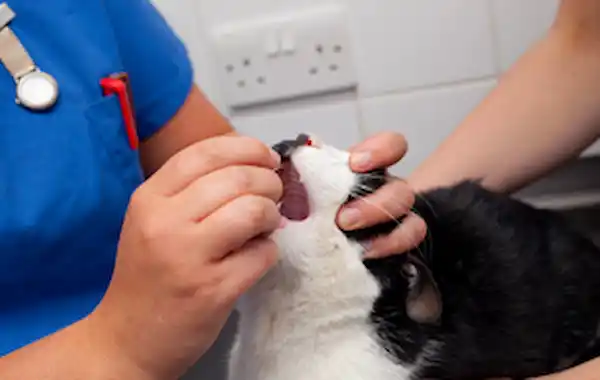Unsure whether you need to worm your indoor cat? Vet Andrea Harvey explains the risks.
(Q) Should I worm Koko? She's an indoor cat, except for accompanied daily walks on a cat harness. She doesn't eat birds or rodents, or come into contact with faeces from other animals. In addition, she has a regular flea treatment.
According to what I've researched, the eating of a carrier flea while a cat is washing itself will convey worm eggs to the cat. Despite protection, fleas can be briefly active on a cat. So, given the short presence of a flea as described, would my cat be at risk of ingesting some?
Vet Andrea Harvey advises: It sounds as though your cat is at extremely low risk of ingesting any worms, and she may not require worming at all. However, although the risk is low, it is impossible to say that there is absolutely no chance of her picking up worms because, as you suggest, they can pick them up just from the odd flea or from something picked up outside that you may not be aware of. As worming is a safe and effective treatment, to be on the safe side, I would still recommend worming routinely. However, as she doesn't hunt and has limited outdoor access, worming every six months, rather than every three months, is likely to be adequate.








